New York City plans to resume counting votes Tuesday in its Democratic mayoral primary, which went into a state of suspended animation a week ago with Brooklyn Borough President Eric Adams enjoying an early lead.
The city’s Board of Elections planned to announce the latest vote tallies sometime in the afternoon, and it will be the public’s first look at results from the city’s new ranked choice voting system, which gives voters a say in who wins even if their top choice for the office doesn’t have enough support.
When voting ended on June 22, Adams had a lead of around 75,000 votes over civil rights lawyer Maya Wiley, with former city sanitation commissioner Kathryn Garcia following close behind in third place.
Those vote tallies, though, were highly incomplete. They only included a look at who voters put down as their first choice for the job. New York now allows voters to rank five candidates, in order of preference.
Vote tabulation is done in rounds. In each round, the candidate in last place is eliminated. Votes cast ranking that candidate first are then redistributed to those voters’ second choices.
That process repeats until there are only two candidates left. The one with the most votes wins.
Under that system, it is still possible for Wiley or Garcia to overtake Adams if more voters put them down as their second, third, fourth or even fifth choice in the race.
New York City officials also plan on Tuesday to begin counting absentee ballots in the race. Nearly 125,000 Democrats voted by absentee ballot in the primary, based on ballots received through Monday.
None of those ballots will be included in the city’s first pass at ranked choice analysis, meaning that there’s a chance results could still change significantly. Elections officials plan on conducting another round of ranked choice analysis on July 6 that includes absentee ballots.
The Democratic primary winner will be the prohibitive favorite in the general election against Curtis Sliwa, the Republican founder of the Guardian Angels.
Either Adams or Wiley would be the second Black mayor of New York City, and either Garcia or Wiley would be the first woman mayor.
Adams, a 60-year-old former police officer, is a moderate Democrat who opposed the “defund the police” movement and said that under his leadership, the city could find a way to fight crime while also combating a legacy of racial injustice in policing.
He was previously a state senator before becoming Brooklyn’s borough president, a job in which he lacks lawmaking power, but handles some constituent services and discretionary city spending.
Wiley, 57, served as counsel to Mayor Bill de Blasio and previously chaired a civilian panel that investigates complaints of police misconduct.
A former legal analyst for MSNBC, she ran as a progressive who would cut $1 billion from the police budget and divert it to other city agencies.
Garcia, 51, is a city government veteran who ran as a nonideological crisis manager well-suited to guiding New York out of a once-in-a-century pandemic.
Garcia ran the department of sanitation from 2014 until leaving last September to explore a run for mayor. De Blasio also tapped Garcia to run an emergency food distribution program during the coronavirus pandemic after earlier appointing her interim chair of the city’s embattled public housing system.
She earlier served as chief operating officer of the city’s department of environmental protection, responsible for water and sewer systems.
Former presidential candidate Andrew Yang attracted wide media interest when he joined the race in January and led in early polls, but his support dwindled by primary day. He has already conceded defeat.
(AP)


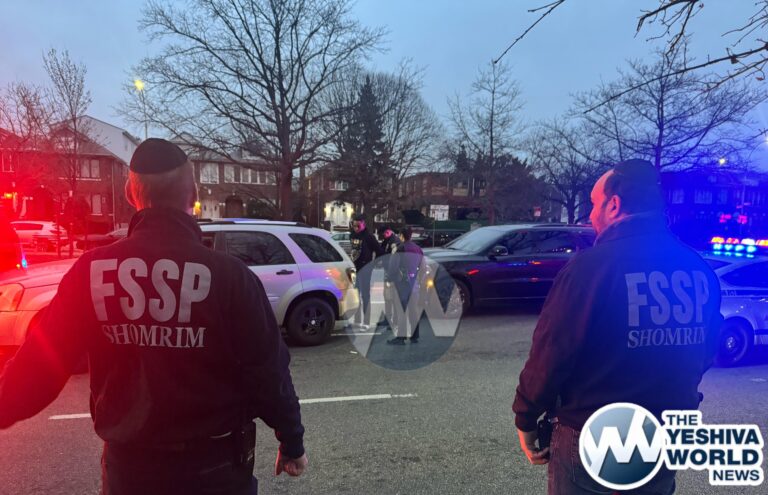

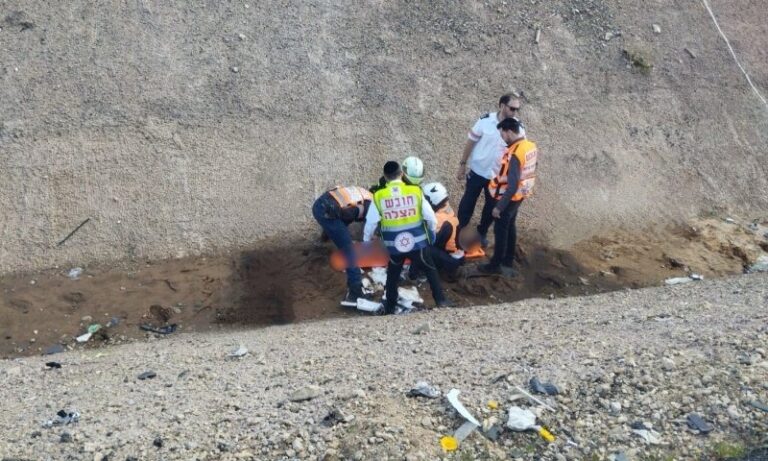


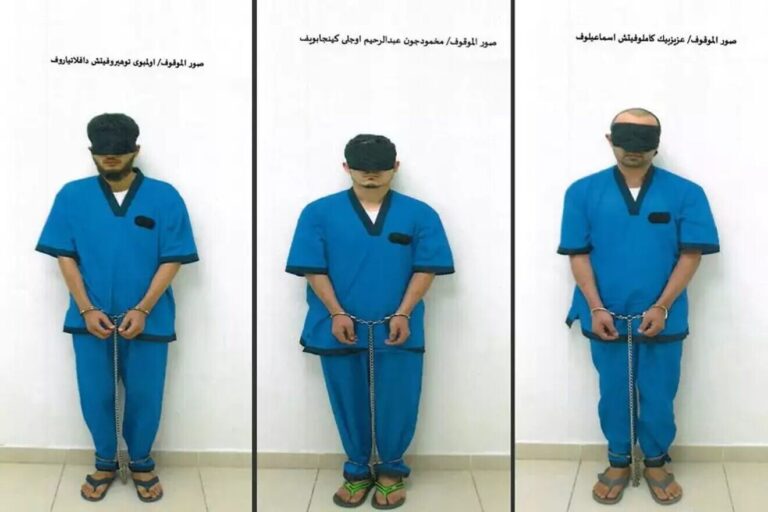
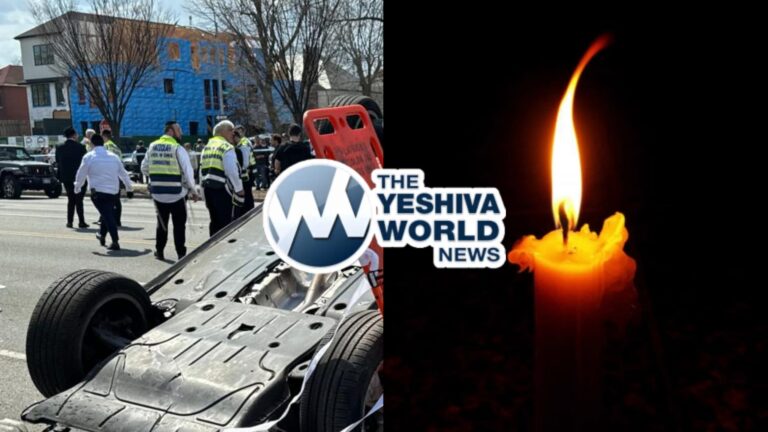


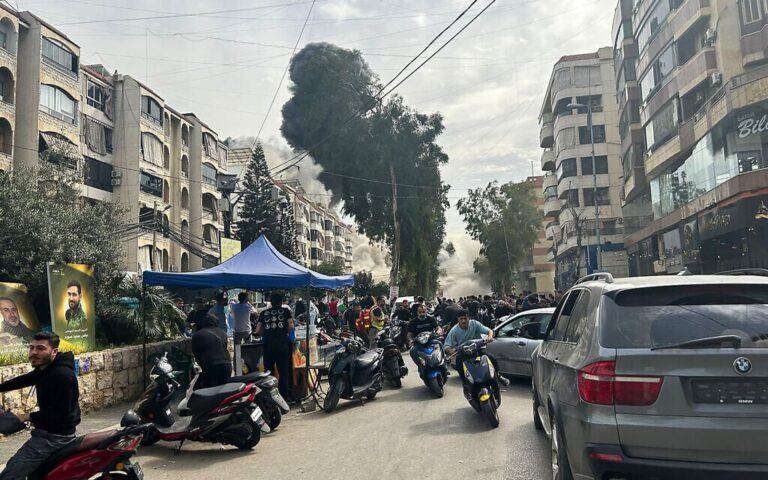
One Response
So far, not a very good endorsement for ranked voting or allowing a large number of absentee ballots. Imagine this sort of delay in a close presidential election.